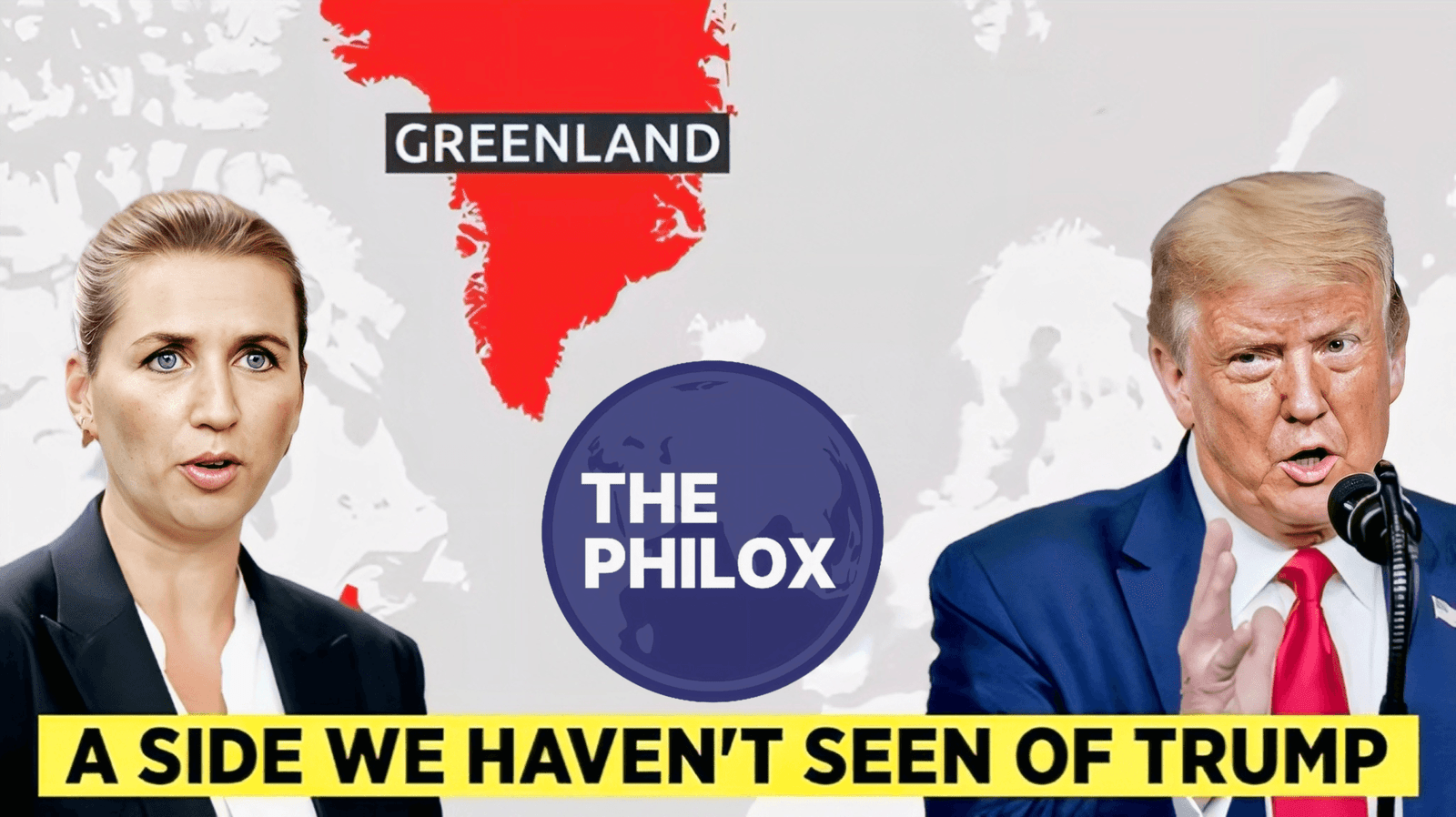There have been much allegations that Denmark is ready to sell Greenland to the United States at a price tag of $77 billion.
In the Kingdom of Denmark, it is an independent country, yet a strategically important state in the global world, and has geographic locations, natural sources of wealth, as well as importance for military actions. Renewed interest by America particularly during the U.S. president Donald Trump had gained much media attention worldwide.
However, Denmark has dismissed any claim that it is selling Greenland. This article outlines the historical antecedents of this claim that has strategic as well as governmental implications.
BACKGROUND ON GREENLAND
1. Geographical and Political Status:
Greenland is the world’s largest island and is situated in the Arctic between North America and Europe. Greenland enjoys a high level of autonomy within the Kingdom of Denmark, leaving defense and foreign policy to Denmark.
The population of Greenland is approximately 56,000, comprising primarily Indigenous Inuit. Its natural resources are virtually untouched, including rare earth minerals, oil, and gas.
2. Background History
It is not the first time the United States has interested itself in Greenland. In 1867, the U.S. had seriously discussed purchasing Greenland and Iceland, although it never reached a conclusion.
In 1946, President Harry Truman tried to buy Greenland from Denmark for $100 million, which the Danes denied. More recently, Donald Trump revived the proposal in 2019, shocking both amusement and outrage around the world.
Speculations of Trump’s continued interest into 2025 have revived the debate on strategic importance of the island.
Valuation: $77 Billion
1. Rationale behind the Price
Price tag of $77 billion has been calculated using Greenland’s natural resources, strategic military location, and comparisons to the historical land purchase of Alaska that was bought by the U.S. for $7.2 million in 1867.
Experts say this is the amount, adjusted for inflation and Greenland’s resource potential, reflects its economic and geopolitical importance.
2. Economic and Strategic Factors
The country of Greenland has been rich in enormous natural resources, primarily rare earth elements that are key for the operation of technology and defense industries. More so, this location offers major military benefits including the hosting of the U.S. Thule Air Base used for missile warning and space operations.
Denmark Official Stance
1. Government Statements
Danish officials have outright rejected the notion of selling Greenland. Prime Minister of Denmark Mette Frederiksen deemed the idea “ridiculous” when Mr. Trump first proposed it back in 2019, and more recent years have only seen her view echoed.
Denmark considers Greenland to be part of its kingdom, and they always believe that there is a need to respect the autonomy of Greenland.
2. Greenland’s Autonomy
Others arguing against the land-selling concept were Greenlandic officials, including Premier Múte B. Egede.
Also, prior to 2009, the Self-Governance Act only advanced Greenland’s rights to self-governance, which means enhancing its claims for self-determination.
The people of Greenland have a very strong pride in their cultural and political identity and opposed any form of external subversion of their sovereignty.
U.S. Interest in Greenland
1. Strategic Significance
With climate change, new shipping routes and untapped resources in the Arctic have made it even more significant to global superpowers. Strategically located Greenland plays a very critical role as the gateway to the Arctic and in geopolitical and military strategies.
2. Historical Attempts
From Truman’s 1946 proposal until Trump reopened the issue in recent years, the United States has been interested in Greenland for a long time. It reflects the strategic significance that the island has achieved over the years, not least because of resource scarcity and the Arctic geopolitics in the last decades.
Feasibility of the Purchase
1. Legal and Political Challenges
Any sale of Greenland would be heavily opposed by law and politics. International law emphasizes the principle of self-determination, whereby Greenland can decide its future.
Moreover, Denmark’s Constitution bars Denmark from making unilateral decisions regarding any sale of Greenland to another country without Greenland’s approval.
2. Precedents
While the U.S. was able to buy Alaska and Louisiana, it is much more complicated in today’s world of modern legal systems and geopolitical relationships. The uniqueness of Greenland’s autonomy and cultural identity only add to the discussion of transferring ownership.
Economic Consequences
1. Denmark
Sell-off of Greenland Denmark would lose so much of geopolitical power and opportunity into Arctic resources; it would therefore lose the ability to have additional contribution that this island gives about a contribution to their Arctic strategy with their international position
2. In Greenland
In such a situation, the Greenlandic economy would suffer significantly if a sale takes place. On the other hand, while U.S. investment can work to better improve infrastructure and develop resources, it could mean such a massive loss of autonomy and cultural identity to be spread all over the people of Greenland.
International Response
1. Global Outlook
The international community has been in an uproar over the rumor of the sale of Greenland. Countries interested in the Arctic,
such as Russia and China, are skeptical about the proposal from the U.S. Moreover, the European Union also emphasizes the ecological balance of the Arctic and the rights of the indigenous people.
2. Geopolitical Consequences
This would, in turn, shift the power balance in the Arctic region and increase competition among the world’s superpowers. The new challenges that would most likely be faced by the Arctic Council consisting of Denmark and Greenland would be to maintain regional cooperation.
Media Coverage and Public Opinion
1. Media Reports
The media houses of the world report on the news with mixed responses. Some believe there is sound strategic reasoning about the interest emanating from the U.S., while others discount it as unlikely. Satire responses also are very popular today and reflect general public skepticism toward the idea.
2. Public Opinion
Denmark and Greenland strongly disagree with the deal. Most will agree that such a rumor runs contrary to both the sovereignty of Greenland and the dignity of Denmark. Many U.S. citizens believe the strategic benefits. The majority cannot be taken entirely seriously.
Such a rumor to the effect that Denmark accepted a bid of $77 billion to sell Greenland is bogus. Official statements by Danish and Greenlandic leaders decisively reject the very idea as incompatible with the autonomy and sovereignty of Greenland.
Though American interest in Greenland proves it strategic, legally, politically, and culturally, this transaction is pretty much unlikely to happen.
This new growing sign of rising geopolitical importance for the Arctic is debate over selling Greenland and the result of U.S. interest in Greenland, increasing the sense of urgency among nations to collaborate over responsibilities in this region.
Stay Connected and Share Your Stories
For all those inspired by stories of resilience and ambition, follow us on X/Twitter and on Instagram . For those with untold stories that you would love to share, please send them to contact@thephilox.com





2 thoughts on “Denmark Accepted Donald Trump’s offer to sell Greenland to the USA for $77 billion?”